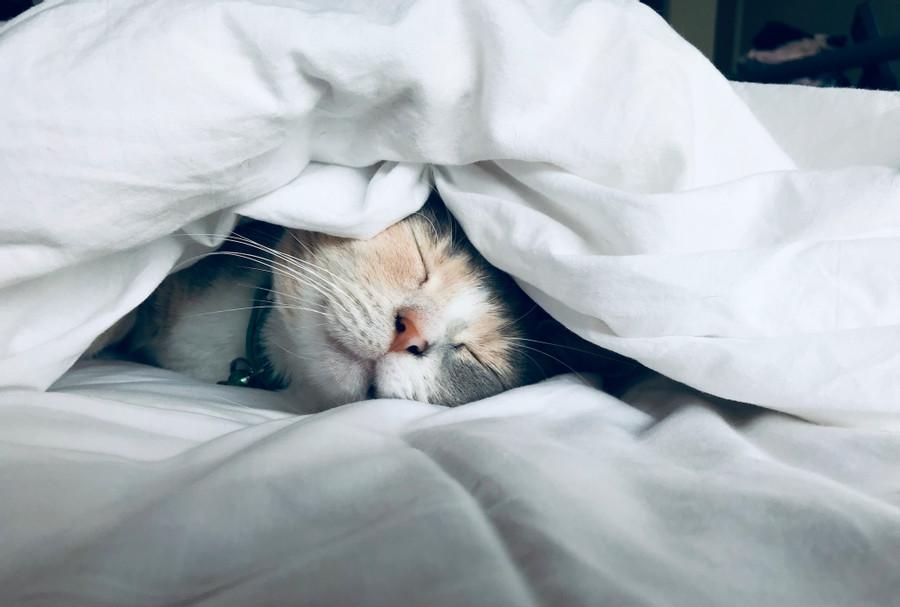Explore the World's Best Ideas
Join today and uncover 100+ curated journeys from 50+ topics. Unlock access to our mobile app with extensive features.
Sleep stability: the key to a good night's sleep
Sleep stability means pinning your bedtime to the same time every night, even on weekends, and waking up at the same time every morning, even on weekends.
It's important to settle into a groove or a cycle that your body understands and responds to. Once you do this, you’ll sleep better, feel better, have more energy, and worry less.
716
5.14K reads
The "8-hour sleep" myth
8 hours of sleep/night is a useful goal, but it’s not true that everyone needs that.
A lot of people get obsessed with this goal of getting 8 hours of sleep every single night, and because they’re someone who just doesn’t need that much sleep, or they can’t reliably sleep that long, they get anxious about it and that actually creates issues with insomnia.
561
4.74K reads
Basic sleep hygiene for a good night
- not drinking caffeine after midday
- not exercising too late
- not drinking alcohol before bed
- eating sensibly
- leaving mobile devices outside the bedroom (artificial light disrupts the brain).
If doing natural things like this doesn’t work, then it might be wise to consult with a specialist or a doctor.
701
5.18K reads
Get out of bed
The bedroom should be for sleeping. If you’re lying in bed for more than 15 minutes and not sleeping, just get out and leave the room.
Staying in bed while you’re anxious or not sleeping is one of the most common contributors to chronic insomnia because it trains the brain to create bad associations. So you have to break that.
796
5.21K reads
IDEAS CURATED BY
CURATOR'S NOTE
Here are some of the practical things you can do to get a better night’s sleep.
“
Gabriela G.'s ideas are part of this journey:
Learn more about health with this collection
Improving sleep through mindful breathing exercises
Practicing stress reduction and relaxation techniques
Establishing a relaxing bedtime routine
Related collections
Similar ideas
Read & Learn
20x Faster
without
deepstash
with
deepstash
with
deepstash
Personalized microlearning
—
100+ Learning Journeys
—
Access to 200,000+ ideas
—
Access to the mobile app
—
Unlimited idea saving
—
—
Unlimited history
—
—
Unlimited listening to ideas
—
—
Downloading & offline access
—
—
Supercharge your mind with one idea per day
Enter your email and spend 1 minute every day to learn something new.
I agree to receive email updates

